Small Game Hunting Tactics: It’s a thrilling outdoor activity that challenges hunters to showcase their skills and adaptability. Whether you’re pursuing rabbits, squirrels, or upland birds, employing effective tactics can significantly increase your chances of success. In this article, we will explore some essential small game hunting strategies and provide you with valuable tips to enhance your hunting experience.
Scouting and Preparation:
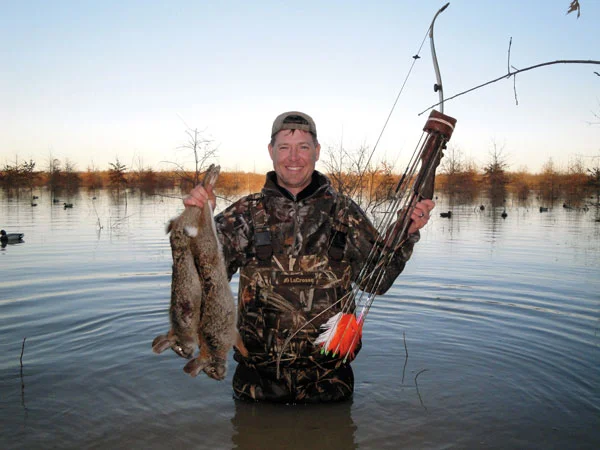
Before heading into the field, it is crucial to gather as much information as possible about the hunting area. Scouting can be done through various means, including talking to local hunters, studying topographic maps, and even using technology such as GPS devices or smartphone apps. Look for signs of small game activity such as tracks, droppings, feeding areas, and nesting sites. This preliminary research will help you identify the most promising areas and increase your chances of encountering game.
Camouflage and Concealment:
Small game animals have keen senses, including sharp eyesight and hearing. To avoid detection, it is essential to blend in with your surroundings. Choose camouflage clothing that matches the environment you will be hunting in, and consider using a face mask and gloves to minimize any exposed skin. Additionally, make sure to move slowly and minimize noise to avoid alerting small game to your presence.
Decoys and Calls:
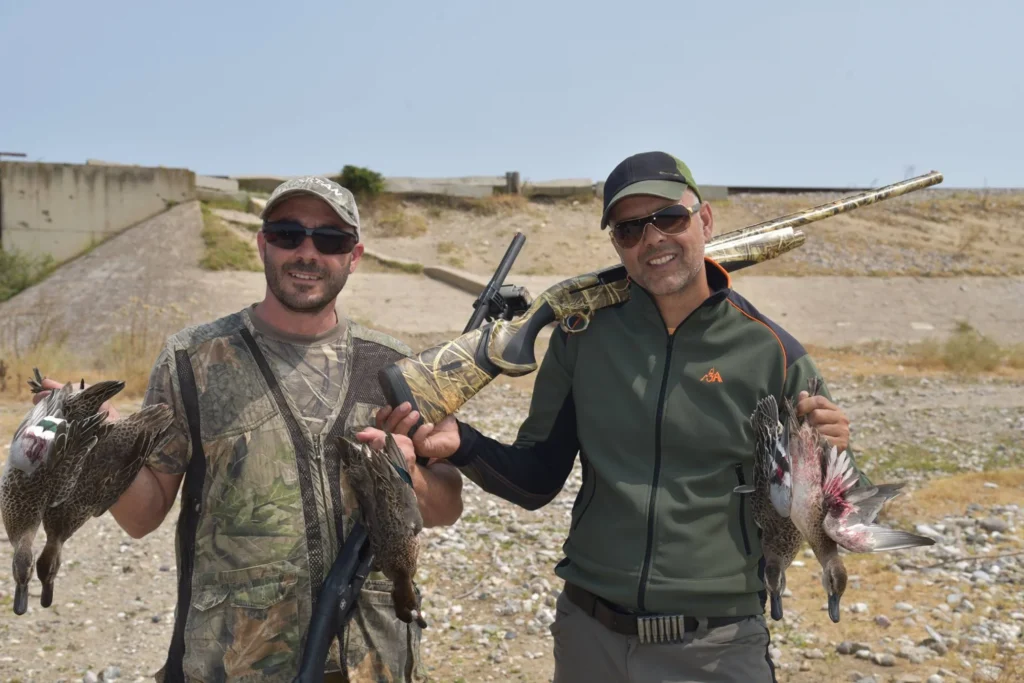
Using decoys and calls can be an effective way to attract small game animals. For example, if you’re hunting ducks or geese, deploying lifelike decoys in the water can entice them to come closer. Similarly, using predator calls or distress calls can provoke curious responses from squirrels or rabbits. Experiment with different calls and decoy setups to see what works best for the specific game you’re pursuing.
Stand Placement:
Choosing the right stand placement is critical for small game hunting. A good vantage point can allow you to observe game from a distance and take calculated shots. Look for natural features that provide cover and concealment, such as thickets, fallen trees, or brush piles. Additionally, consider setting up near known feeding areas or travel corridors that small game animals frequent. Patience is key when hunting from a stand, as remaining still and waiting for the right opportunity increases your chances of success.
Hunting with Dogs:
Hunting with well-trained dogs can be a game-changer when pursuing small game. Dogs can flush out birds, track wounded game, and retrieve downed animals, making the hunting experience more efficient and enjoyable. Breeds like Beagles are known for their excellent rabbit-hunting abilities, while Labrador Retrievers are commonly used for waterfowl hunting. If you plan to hunt with a dog, invest time in proper training and ensure they are familiar with basic obedience commands.
Using Technology:
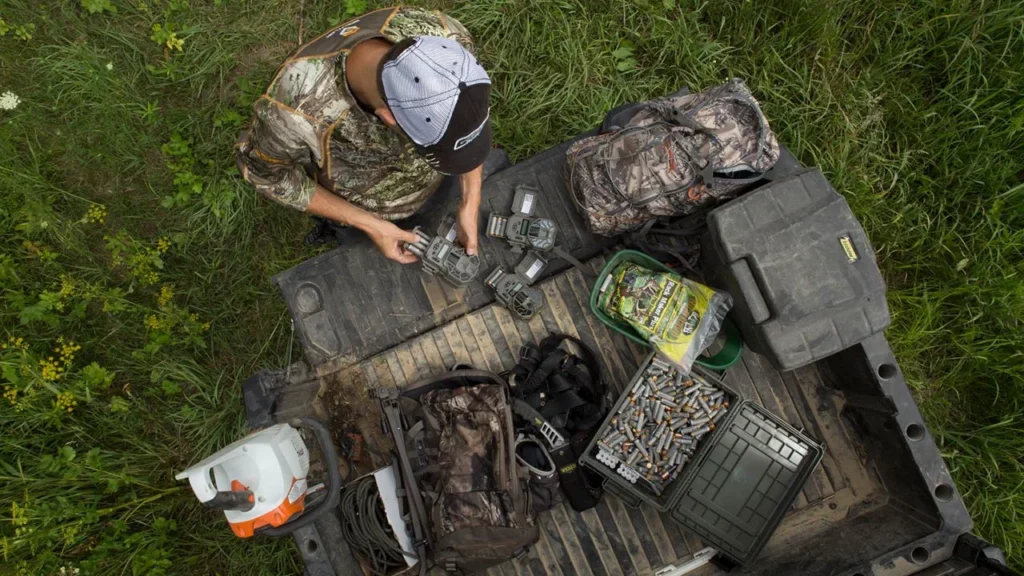
In today’s digital age, hunters have access to various technological tools that can enhance their hunting experience. For example, trail cameras can be placed in strategic locations to monitor game movement patterns and identify prime hunting areas. Additionally, smartphone apps can provide valuable information about weather conditions, moon phases, and even provide GPS tracking for navigation. However, it is essential to balance the use of technology with the core principles of hunting and not rely solely on gadgets.
Ethics and Safety:
As responsible hunters, it is crucial to uphold ethical standards and prioritize safety in the field. Always obtain the necessary permits and licenses required for hunting small game in your area. Respect private property rights and obtain permission from landowners before accessing their land. Practice proper firearm safety, including muzzle control and knowing your target and what lies beyond it. Additionally, be mindful of conservation efforts and follow hunting regulations to ensure the sustainability of small game populations.
Small game hunting offers a unique and exciting outdoor experience, requiring hunters to employ specific strategies for success. By scouting, camouflaging, using decoys and calls, choosing the right stand placement, hunting with dogs, utilizing technology wisely, and prioritizing ethics and safety, you can maximize your chances of a successful small game hunt. Remember, small game hunting is not just about the harvest but also about immersing yourself in nature and enjoying the challenges it presents. So, go out there, hone your skills, and savor the adventure that small game hunting brings.
Read Also: Big Game Hunting Rifles and Optics
![]()


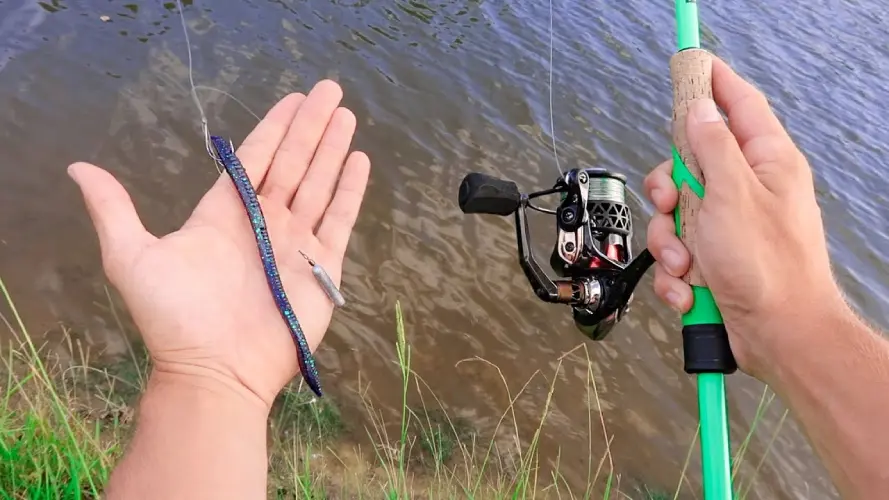
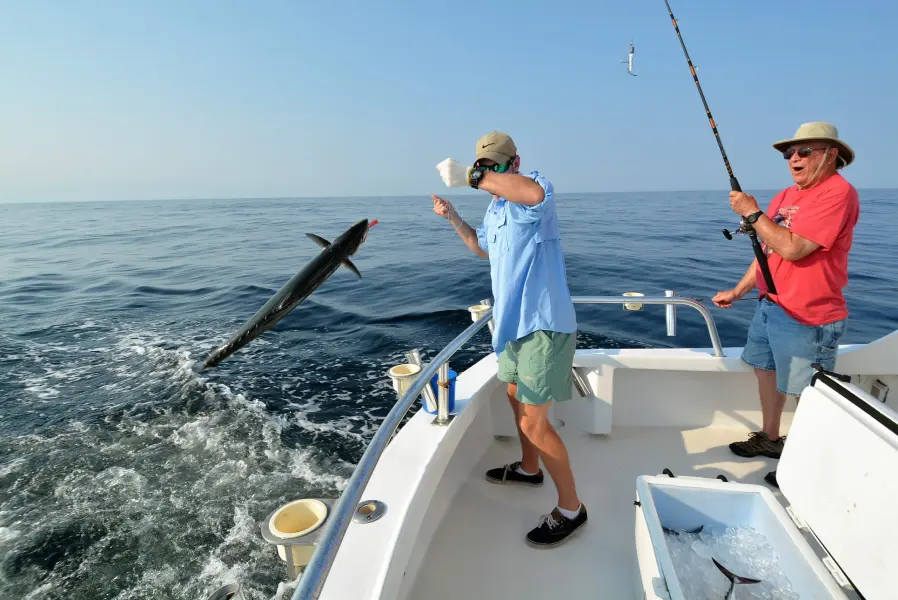
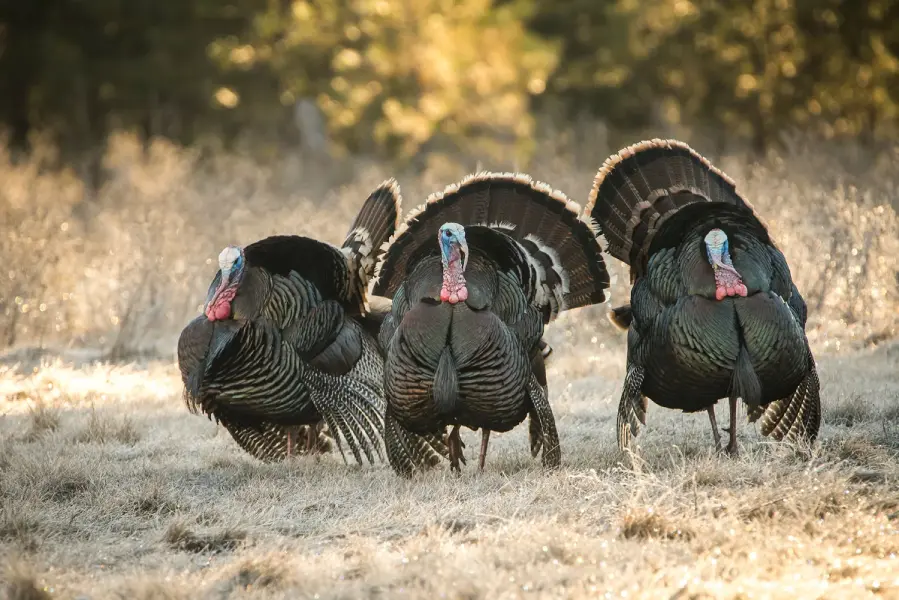
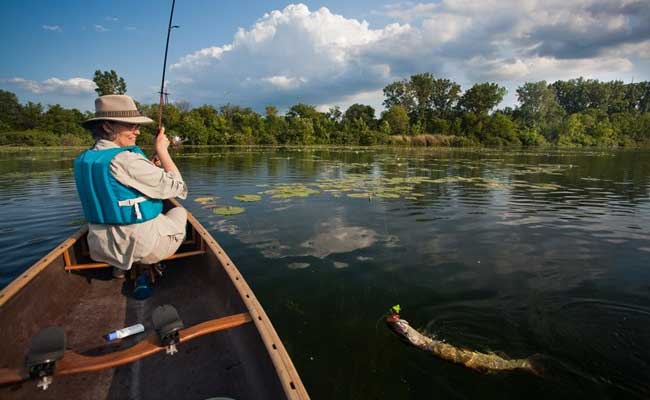
2 thoughts on “Small Game Hunting Tactics”